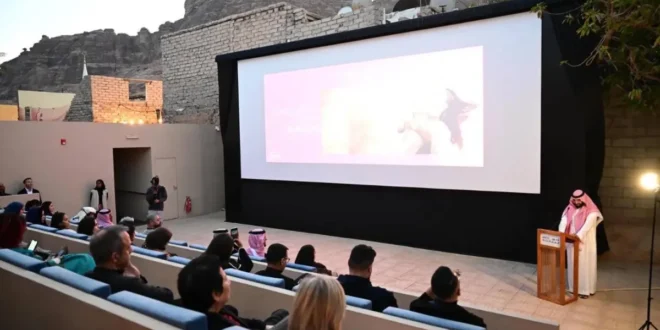Unearthing a Lavish Private Bath Complex in Pompeii
Archaeologists have unearthed a lavish private bath complex in Pompeii, highlighting the wealth and grandeur of the ancient Roman city before it was destroyed by Mount Vesuvius in AD 79, the site said on Friday. The baths, featuring hot, warm and cold rooms, could host up to 30 guests, allowing them to relax before heading into an adjacent, black-walled banquet hall, decorated with scenes from Greek mythology.
Discovery of the Luxurious Bath Complex
The complex lies inside a grand residence that has been uncovered over the last two years during excavations that have revealed the opulent city’s multifaceted social life before Vesuvius buried it under a thick, suffocating blanket of ash. A central courtyard with a large basin adds to the splendor of the house, which is believed to have been owned by a member of Pompeii’s elite in its final years.
Roman Houses as Stages for Public Life
“This discovery underscores how Roman houses were more than private residences, they were stages for public life and self-promotion,” said Gabriel Zuchtriegel, director of the Pompeii Archaeological Park. Zuchtriegel said the layout recalled scenes from the Roman novel “The Satyricon”, where banquets and baths were central to displays of wealth and status. Decorated with frescoes, the complex draws inspiration from Greek culture, emphasizing themes of leisure and erudition.
A Greek-Style Palace and Gymnasium
“The homeowner sought to create a spectacle, transforming their home into a Greek-style palace and gymnasium,” Zuchtriegel said. The remains of more than 1,000 victims have been found during excavations in Pompeii, including two bodies inside the private residence with the bathhouse – a woman, aged between 35-50, who was clutching jewellery and coins, and a younger man. The discovery of their bodies was announced last year.
 Mind Uncharted Explore. Discover. Learn.
Mind Uncharted Explore. Discover. Learn.



